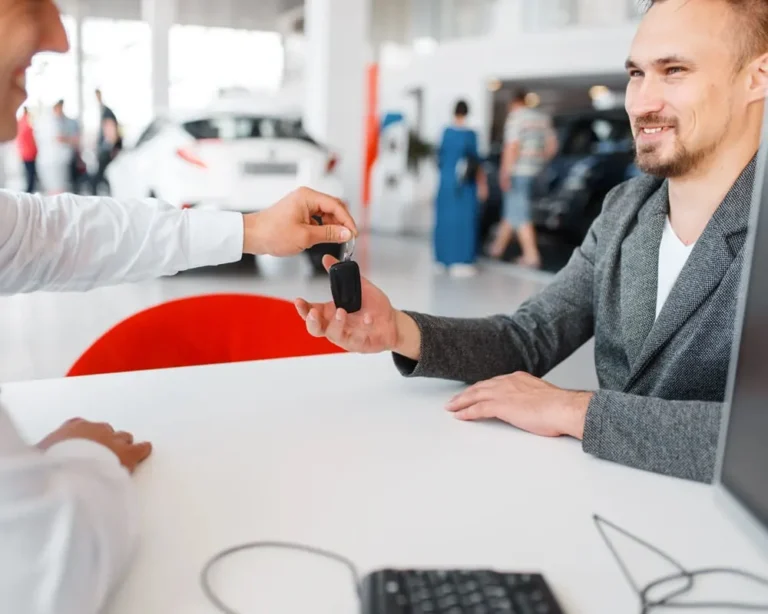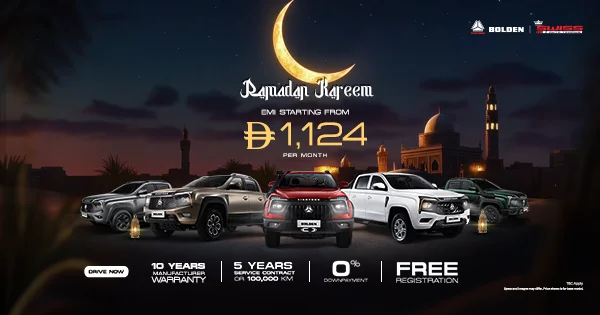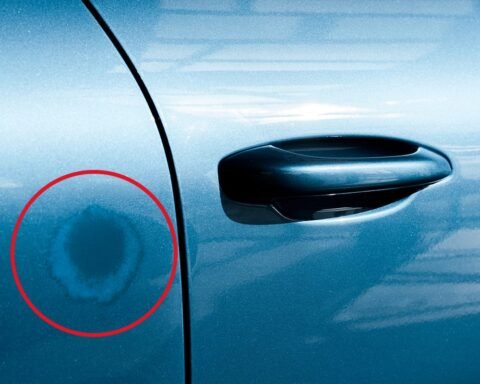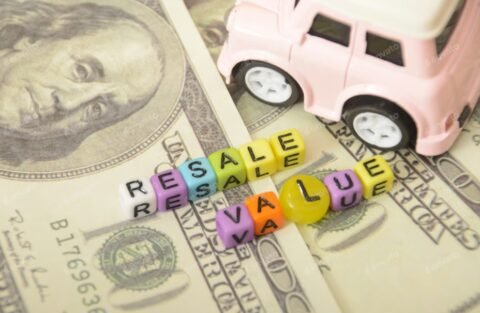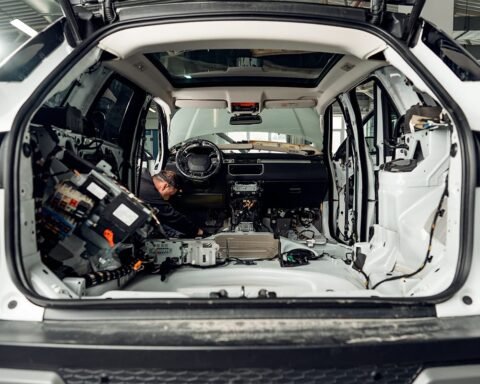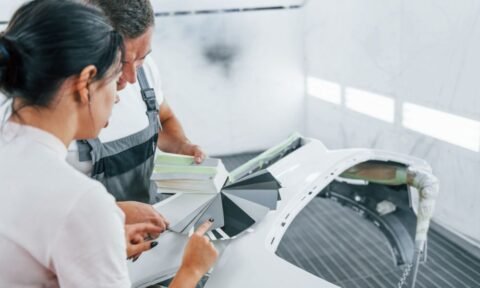Car prices are hitting record highs. Which begs the question: if you’re in the market to buy a car, should you lease or buy in 2025?
A simple search online will tell you that the average cost of a new vehicle is about $47,000, and used three-year-old cars are over $30,000.
With higher prices and steep interest rates, you need the best strategy.
Leasing and buying both have pros and cons. The right choice depends on your situation.
In this article, I break down key differences—so you can make a smart decision in 2025.
Key Points Discussed in This Article
- Upfront vs Long-Term Cost: Buying costs more at first, but builds equity. Leasing costs less monthly but ends without ownership.
- Mileage & Usage: Leasing comes with strict limits. If you drive often, buying may be better.
- Maintenance & Insurance: Buy to keep your insurance low and customize your car freely.
- Flexibility & Upgrades: Leasing gives you newer models every few years.
- Financing Terms: Leasing has lower money factors. Buying offers equity and eventual payment-free ownership.
- Tax & Incentives: Leasing an EV may let you benefit from tax credits early.
Upfront Costs & Monthly Payments
Leasing feels cheaper. Your monthly payment covers depreciation—not full value.
That means the immediate cost is lower. Good for tight budgets or short-term needs.
Buying demands a bigger down payment. But once your loan ends, you own the car. That’s freedom—no more monthly payments.
If you’re budget-conscious and like to try new cars, leasing makes sense. But buying is more sensible if you want long-term savings.
Mileage Rules & Lifestyle Fit
Most leases limit mileage to 10,000–15,000 miles per year. Go over it, and you pay 12–30¢ per extra mile.
If you drive a lot—road trips, long commutes—those fees add up fast.
Buying removes these limits. You drive as much as you want. No surprise costs. If you hit the road often, buying is smarter.
Insurance & Maintenance: What They Don’t Tell You
Insurance on leased cars is higher. That’s a fact.
That’s because you don’t own the car. You need full coverage.
Plus, leased vehicles must be returned in good condition. That means costlier repair bills for damage.
If you’re rough with your car, or you have kids and pets who can get the car scratched—buying it will give you the freedom to customize and drive worry-free.
Equity & Ownership Advantage
Buying a new car will help you build equity.
Unlike a house, which often appreciates over time, cars are generally depreciating assets.
Depreciating assets mean their value decreases the moment you drive them off the lot and continues to decline with age, mileage, and wear and tear.
Each payment gets you closer to full ownership. That’s something you can’t get with leases.
And when it comes to Leasing, you pay and hand the car back. No ownership. No equity.
I think it’s simple: if you want long-term value, buying wins. Short-term value can be argued for a leased car.
Upgrades & New Features Cycle
Leasing appeals to early adopters. You get a new model and warranty protection every 2–4 years.
Buying older models usually means missing the latest tech.
Although the “missing tech” topic has become redundant, as most cars nowadays come with modern-enough features.
Also, customization is an option with them—something leasing doesn’t allow.
It’s a trade-off between new and personal freedom.
Financing Terms & Tax Incentives
Lease terms include a “money factor”—basically, lease interest. It’s often lower than the loan APR.
Buying opens equity and allows tax incentives. But leasing an eligible EV can immediately benefit from tax credits—no debate.
If you want a tax-advantaged EV with a lower payment, leasing might be smarter in 2025.
So, Should YOU Lease or Buy a Car in 2025?
If you are still confused, let me make it super simple for you:
Lease if you:
- Want low monthly payments
- Prefer newer cars every few years
- Don’t drive high mileage
- Can pass inspections at lease-end
- Want upfront EV tax benefits
Buy if you:
- Plan to keep the car after the payments end
- Prefer full control—customizations, mileage
- Want lower insurance long term
- Want to build equity and avoid perpetual payments
I bought my car brand new, even though I am someone who values the second-hand market more.
I decided to get a car instead of leasing it because I knew what I wanted from it.
You can get the cheapest car in the world, or the costliest, but it won’t be good enough for you if you don’t define the roles your car needs to fulfill.
There’s no one-size-fits-all answer. When you ask, ‘Should I lease or buy a car in 2025?’, there are a few things you need to check off:
- Budget?
- Mileage needs?
- Ownership goals?
- Tax benefits available?
I believe in having a clear choice before purchasing anything. If you drive less and prioritize low payments or EV perks, leasing will be ideal.
But if you want that feeling of ownership, the fact that you can customize your car anytime you want, and long-term savings, buying is the way to go.

